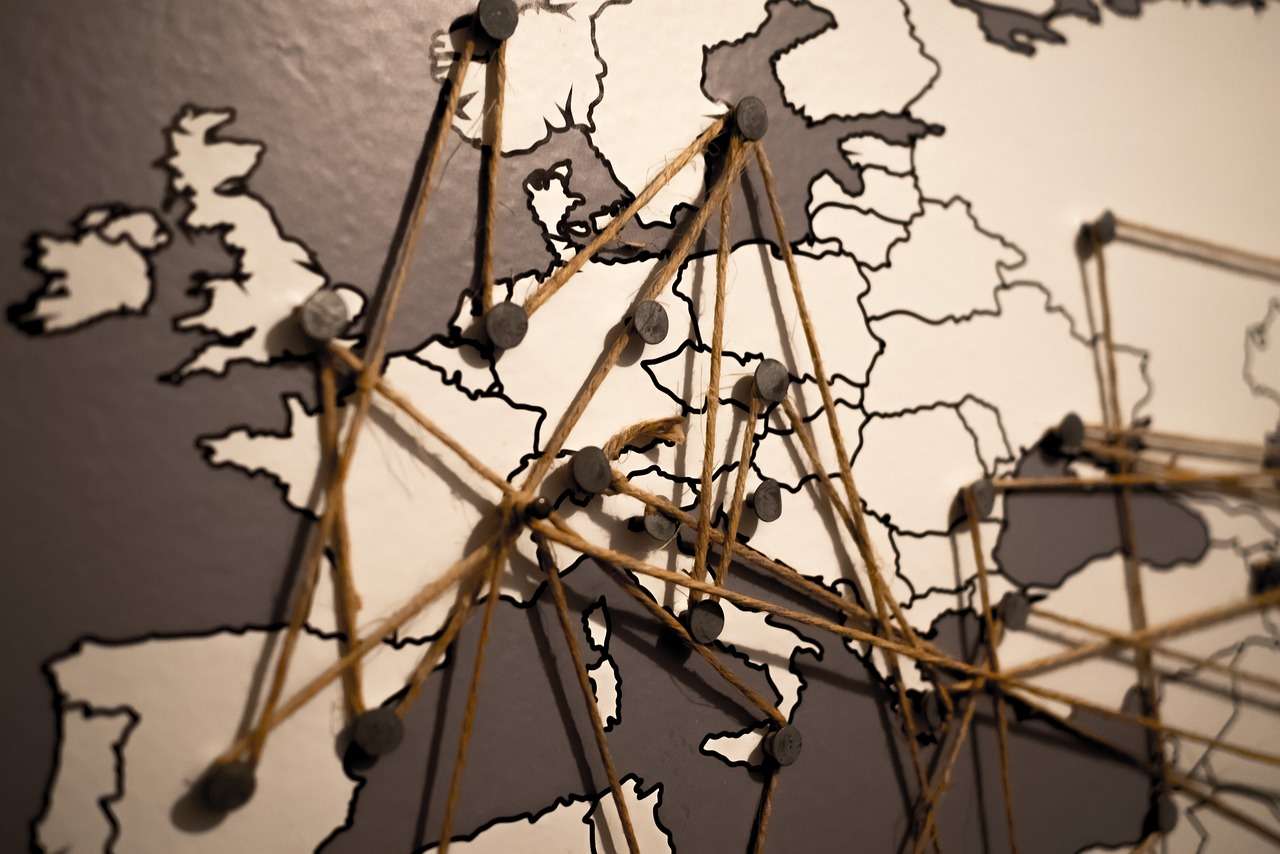The MiCA law emphasizes the management of crypto asset service providers and imposes stringent regulations on them.
After the passage of the ground-breaking cryptocurrency law, the Secretary of State of Digitization in Belgium, Mathieu Michel, disclosed that European legislators are exploring constructing their own blockchain.
Politicians are investigating blockchain technology as a potential solution to the problem of how to entice Web 3 companies.
While participating in an interview (1), the Belgian minister stated that the newly developed “Europeum” blockchain would uphold users’ right to privacy.
Michel believes that the blockchain has the potential to fulfill a variety of objectives. He explained that it might help record professional certifications, driving licenses, and property ownership records, among other things.
In addition, the blockchain would be able to deliver the services it was built to provide while adhering to the stringent regulatory standards of the European Union.
The Markets in Crypto Assets (MiCA) legislation is something that the European Union has proposed. The MiCA law emphasizes the management of crypto asset providers and imposes stringent regulations on them.
If the law is ever passed, the administration in question would be the first major one in the world to have an official crypto framework.
On the other hand, Michel is of the opinion that putting the guidelines into effect is merely the first stage, and he wants European leaders to go one step further.
He urges the group to consider the possibility of creating “a blockchain network constructed around the core ideals” to advance the European community.
“Imagine you had Europeam—the blockchain that has a whole range of requirements for preserving private life and other things, all of which are quite clear,” the author writes.
European Distributed Ledger System
He went on to say that the initiative would focus on digitizing educational credentials and administrative papers.
The minister believes that there is room for improvement in the bloc regarding data protection, which is an important European norm.
Also, Michel criticized the excessive level of openness that Ethereum possessed. In addition, the Belgian Secretary of State for Digitization mentioned that businesses might utilize Web3 to organize their supply chains.
It is his belief that the upcoming generation of the web could assist the government in providing public services.
He clarified that one of his goals is to turn Belgium into a center for Web3-related activities.
The minister initiated Blockchain4Belgium one month ago after it was first developed.
The first event for the introduction of Blockchain for Belgium is set to take place on March 30, despite being announced on February 20.
The website for the blockchain project states that its goal is to “place Belgium, including its region, in the European and worldwide Web3 and Blockchain environment.”
Yet, there are some obstacles, such as that Europe cannot generate wealth like the United States can easily. Because of this significant setback, the technological goals will not be implemented, and as a result, the location will be less appealing as a location for any business.
Because the country is structured into multiple federal entities, Michel lacks the authority to control the primary policies that may further its web3 ambition.
Instead, members of the executive branch of the regional government or Christian Democrat Vincent van Peteghem, the minister of finance. Meanwhile, Michel asserts that others in authoritative positions believe the same thing about Web3 as he does.
Despite this, Belgium is home to a number of successful blockchain initiatives, including Datavillage, Solid, and Settlemint.
